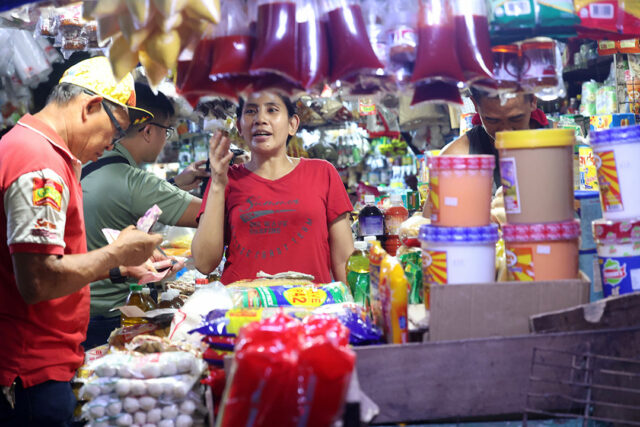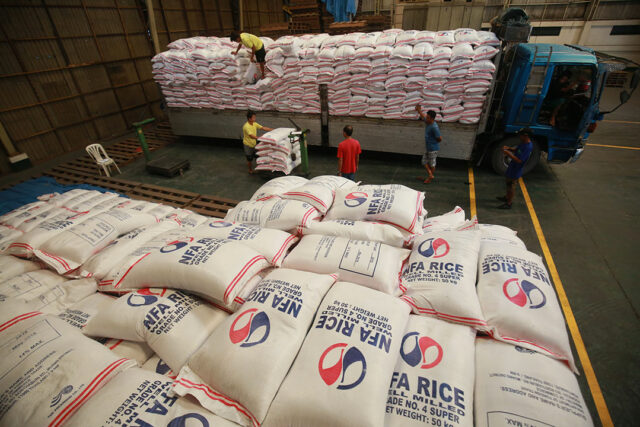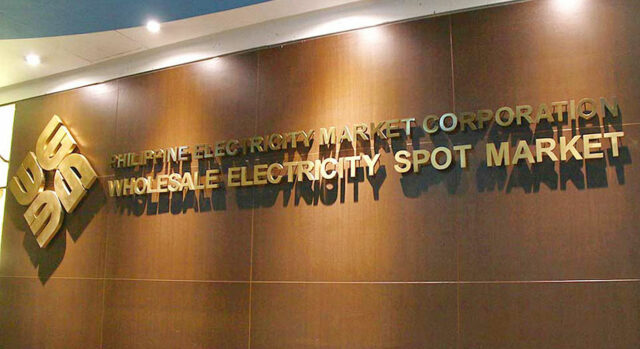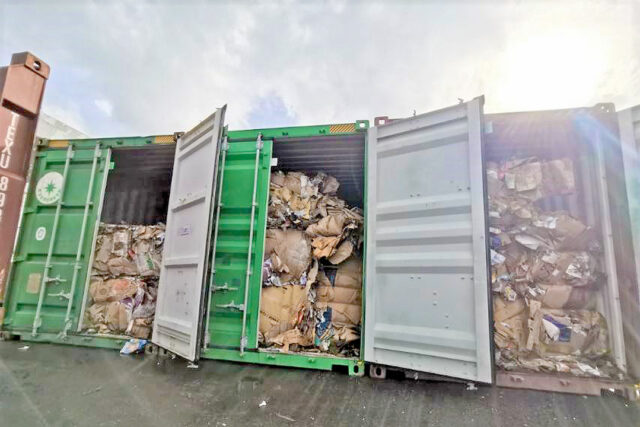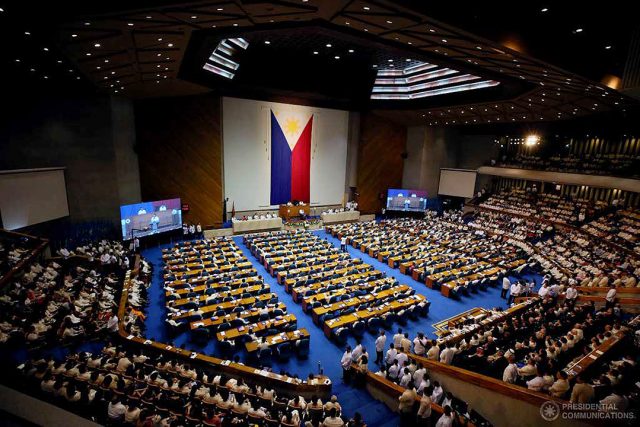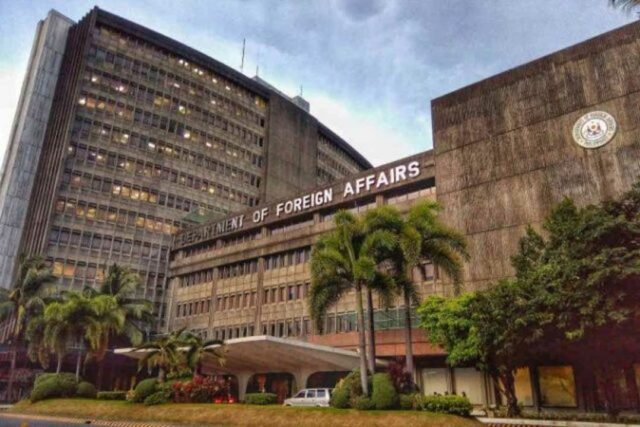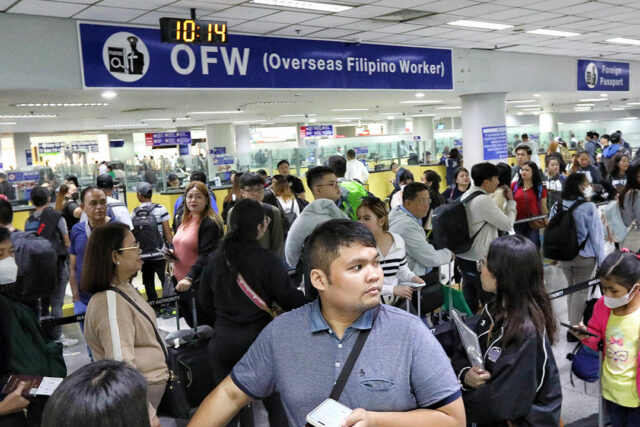MSME business sentiment improves in 2025 — BCG
MOST Philippine micro-, small-, and medium-sized enterprises (MSMEs) are expecting stronger results this year after a slow recovery last year, the Boston Consulting Group (BCG) said.
Citing the results of a study conducted with the Department of Trade and Industry (DTI), 73% of 3,098 MSMEs surveyed are expecting “stronger results” in 2025.
BCG Principal Jamie Bawalan, who presented the study at the MSME Bayanihan Caravan on Tuesday, said only 43% of the MSMEs responded that they performed better in 2024 relative to 2023, a sentiment more pronounced among MSME owners in wholesale and retail as well as food services.
“But then we asked about 2025; what we actually found is a very high level of optimism with exactly 73% of all our MSMEs across different sectors actually expressing that they think that they will do and fare much better in 2025 than in 2024,” she said.
“It shows that our MSMEs are hopeful, even though last year was seemingly not easy,” she added.
In the short term, she said MSMEs are more focused on growing their revenue, expanding their customer base, and improving their products and services.
To unlock this growth, she cited the need to make resources available to MSMEs.
“There is room to improve access for MSMEs across most business growth support areas, but access to credit or the ability to take out loans was especially challenged,” she said.
In particular, she said there is only a 33% level of optimism among MSMEs in terms of their ability to access loans and credit.
“We see that there is a big divide between reality and perception. We realized and found that less than 10% of our MSMEs actually ever took out bank loans, and 55% of our MSMEs have actually never taken out a bank loan,” she added.
On Tuesday, the DTI unveiled three programs: NxtGen in Franchising Philippines, Small Business Corp. (SBCorp.) Money App, and a tie-up with GCash.
“Through these programs, we are bridging divides and demonstrating that a Bagong Pilipinas begins with listening and then developing straightforward people-centric solutions,” Trade Secretary Ma. Cristina A. Roque said in a keynote speech delivered by Undersecretary Blesila A. Lantayona.
NxtGen in Franchising Philippines hopes to create a pipeline for future franchise brands.
The SBCorp. Money App is the company’s new mobile application, replacing the previous web-based loan application and evaluation system.
“This shift to PhilSys-enabled electronic Know-Your-Customer simplifies the onboarding process for our clients and enhances security by verifying identities using national ID data,” SBCorp. President and Chief Executive Officer Robert C. Bastillo said.
He said that the new application will help make financing more accessible, efficient, and secure for MSMEs nationwide.
On Tuesday, DTI also signed a memorandum of understanding with GCash to deliver tailored digital business solutions directly to MSMEs.
“By integrating these digital financial tools directly at all DTI regional and provincial offices and the DTI Negosyo Centers, we ensure that these tools and services reach even the most remote communities, helping close the rural-urban digital divide and bringing opportunities of success even closer to home,” Ms. Lantayona said. — Justine Irish D. Tabile

